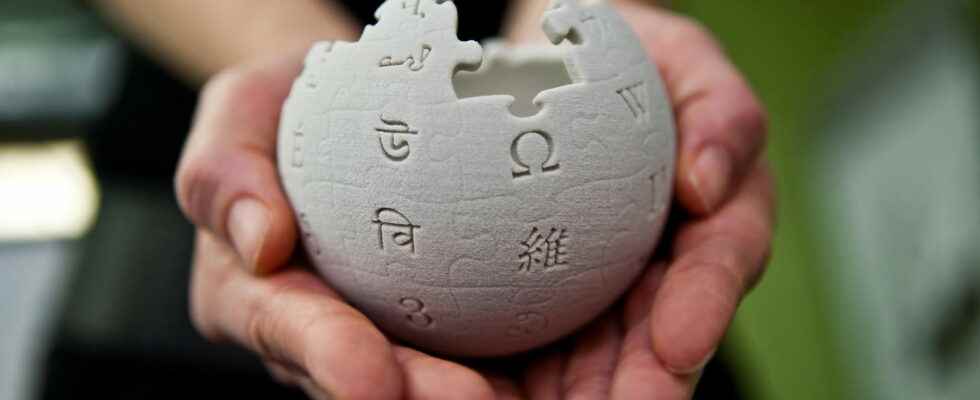Wikipedia is rolling out new tools to attract and guide new contributors. Enough to make newcomers want to get involved in the development of the famous online encyclopedia!
Wikipedia, the mythical – and ancient – online encyclopedia with 246 million pages, is entirely based on volunteering and crowdfunding, without any advertising or resale of personal data. This is both its greatest strength and its greatest weakness. Indeed, it must attract contributors to feed its content and make it larger, more complete and more precise day by day – especially since, depending on the language, the amount of information available varies enormously. The problem is that many potential writers are put off by the editing process, which is quite daunting given the complexity of the project and the scope of the site. This is why the Wikimedia Foundation wanted to simplify the procedures by setting up three new tools – which have been tested since 2019. A major change which comes 21 years after the creation of the platform, and which aims to attract a new wave of contributors. All these new tools are accessible on both computer and mobile.
Wikipedia: functions to guide new contributors
Newcomers have the right to a special welcome page that provides them with many resources directly, including a direct link to a mentor responsible for guiding them during their first assignments. The site currently has 584 people signed up worldwide to mentor newcomers, who are encouraged to message them to ask questions. This home page also contains links to the most popular help pages. Finally, an “Impact” section shows the number of views on each of the articles they edited in order to make them gain importance in their role, and thus encourage them to continue. In tests, these features make about 16% of new editors more likely to make their first edit, and of them 16% more likely to come back and make another.
New contributors also have access to a thread of contribution suggestions that they can filter according to their areas of interest. It may be seemingly insignificant tasks, like adding relevant images and inter-wiki links to pages, but it’s a good way to get started and get familiar with the system. Once on an article, the help panel provides them with guidance on how to make the edit.
Precisely, the help box brings together many resources made available to them when they modify an existing page. As newcomers edit, a help panel guides them step-by-step on what to do. An algorithm can even suggest words or phrases to embed links to other encyclopedia pages or images. New editors can then approve or reject these suggestions – sort of like a human filter. These first changes can be made with one hand on their phone, while they wait for the bus for example. As reported The Verge, editors who have been able to test this function estimate that about 75% of link recommendations are accurate, a figure that fluctuates between 60 and 80% for image suggestions, depending on the different wikis. In contrast, 90% of changes made by human editors are retained.
